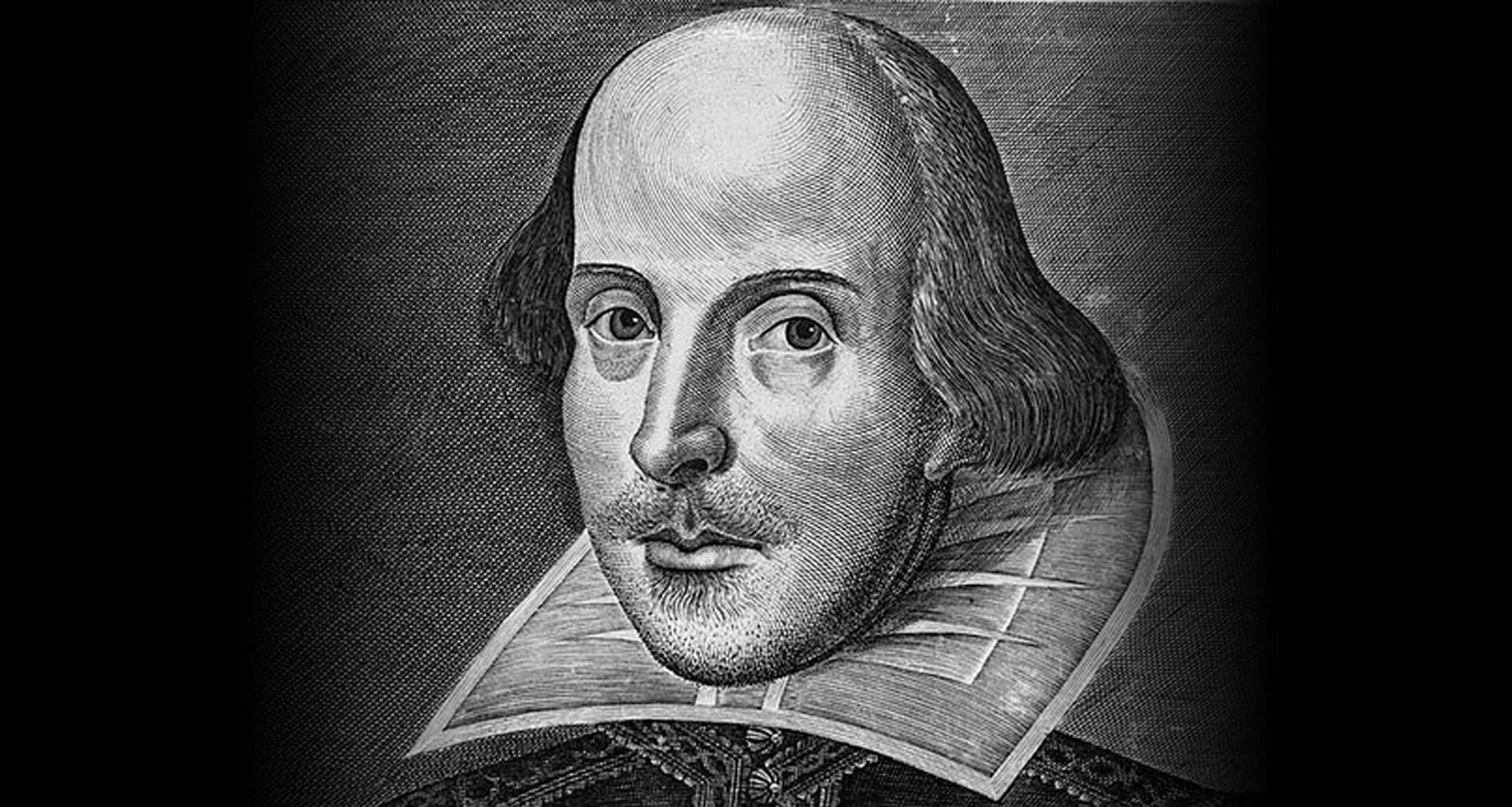Introduction
William Shakespeare Bio Plays, Novel, & Poems The most famous playwright, poet, and author in English literature history is without a doubt William Shakespeare, often known as the Bard of Avon. Notable plays, sonnets, and other poetry are among his works that have had a significant influence on theater, literature, and culture.
Shakespeare’s contributions to the English language and dramatic arts have had a lasting impact on contemporary theater, narrative, and even popular culture. Shakespeare’s impact extends much beyond the Elizabethan period in which he lived thanks to his timeless works that cut beyond space and time.
Shakespeare wrote works of unmatched intricacy and variety during his roughly 1590–1613 writing career. The breadth of human feeling, ambition, love, tragedy, and humor are all explored in his 154 sonnets, 39 plays, and a number of narrative poetry.
He continues to be unparalleled in his ability to develop topics that are globally relatable and personalities that people will remember. Shakespeare’s plays are read, studied, performed, and admired all over the world today.
William Shakespeare: Biography
Early Life
William Shakespeare was born in Stratford-upon-Avon, England, on April 23, 1564, the third of eight children. His exact birthdate is not known, but it is traditionally celebrated on April 23, which coincidentally is also the date of his death.
Shakespeare’s father, John Shakespeare, was a glove maker and a prominent local official, while his mother, Mary Arden, came from a well-to-do family of landowners. Shakespeare’s upbringing was one of relative comfort, although his father faced financial difficulties during the latter part of his life.
Shakespeare attended Stratford Grammar School, where he received an education in Latin, Greek, and classical literature—subjects that would later deeply influence his writing. However, there is little documentation regarding his education beyond the age of 15, leading to speculation about his life during his “lost years” (the period between 1585 and 1592 when there is no record of his activities).
It is widely assumed that he moved to London during this time and began to build his career as a playwright and actor.

Marriage and Family
At the age of 18, Shakespeare married Anne Hathaway, a woman eight years older than him, in November 1582. Their marriage was somewhat unconventional, as Anne was pregnant with their first child, Susanna, at the time.
Shakespeare and Hathaway later had twins, Hamnet and Judith, born in 1585. While Shakespeare spent much of his adult life in London, his family remained in Stratford-upon-Avon. His son Hamnet tragically passed away at the age of 11, an event that likely had a profound impact on Shakespeare’s later works.
Read more
Career in London
Shakespeare’s career in London began in the late 1580s, though the exact date of his move is uncertain. By 1592, he was an established figure in the London theater scene, mentioned in the writings of fellow playwright Robert Greene as a “servant to the stage.”
Shakespeare wrote for the Lord Chamberlain’s Men, one of the leading acting troupes in London. His association with this company allowed him to write, produce, and perform in plays at renowned theaters such as The Globe Theatre.
His early works, including Henry VI, The Comedy of Errors, and The Taming of the Shrew, quickly gained popularity. Shakespeare’s style evolved throughout his career, demonstrating his remarkable adaptability to different genres, themes, and audiences.
Later Years and Death
Shakespeare’s later years were marked by his increasing focus on writing and directing plays. He is believed to have written some of his most famous tragedies, such as King Lear, Macbeth, and Antony and Cleopatra, during this time. In 1613, Shakespeare retired from active theater life and returned to his hometown of Stratford-upon-Avon, where he continued to write. He passed away on April 23, 1616, at the age of 52, leaving behind a remarkable literary legacy.
Shakespeare’s Most Famous Plays
Shakespeare’s body of work includes plays that can be categorized into comedies, tragedies, and histories, with each genre offering distinct characteristics. Some of his plays remain timeless because they explore complex human emotions, universal themes, and compelling characters. Below is a look at some of Shakespeare’s most well-known and influential plays.
1. Tragedies
Shakespeare’s tragedies often explore themes of ambition, fate, and human flaws, leading to the downfall of noble and ordinary characters alike. His tragic plays are marked by profound psychological insights and poetic language.
- Macbeth (1606): One of Shakespeare’s darkest plays, it tells the story of Macbeth, a Scottish general whose ambition leads him to murder and tyranny, ultimately resulting in his downfall. Themes of guilt, power, and prophecy dominate this tragedy.
- Hamlet (1600-1601): Perhaps Shakespeare’s most famous play, Hamlet explores the internal and external struggles of the Danish prince, who seeks revenge for his father’s murder. The themes of madness, revenge, mortality, and betrayal resonate in this complex psychological drama.
- King Lear (1605-1606): This tragedy focuses on the aging King Lear’s descent into madness as he divides his kingdom among his daughters, leading to conflict, betrayal, and tragic consequences. The play explores themes of loyalty, justice, and the fragility of power.
- Othello (1603-1604): Othello, a Moorish general in the Venetian army, is manipulated by his envious ensign Iago into believing his wife Desdemona is unfaithful, leading to tragic consequences. The themes of jealousy, race, and trust make Othello a timeless exploration of human nature.
2. Comedies
Shakespeare’s comedies are characterized by light-hearted plots, mistaken identities, love, and humor. Many of his comedies have happy endings, with characters finding love or resolving conflict.
- A Midsummer Night’s Dream (1595): This enchanting comedy follows four Athenian lovers and a group of amateur actors who become entangled in the mischievous world of fairies. Themes of love, magic, and illusion play out in a dream-like atmosphere.
- Twelfth Night (1601): A story of mistaken identities, cross-dressing, and romantic misadventures. The play is a witty exploration of love, gender, and the complexity of human emotions.
- Much Ado About Nothing (1598-1599): A comedy that revolves around misunderstandings and deception, the play contrasts the witty banter of Beatrice and Benedick with the romantic drama of Hero and Claudio.
3. Histories
Shakespeare’s history plays dramatize the lives of English monarchs and the political and military struggles of England’s past. These plays often examine issues of power, legitimacy, and the consequences of political decisions.
- Richard III (1592-1593): This play depicts the rise to power and eventual downfall of Richard III, the last Plantagenet king of England. The play portrays Richard’s ruthless pursuit of the throne and his eventual defeat in battle.
- Henry V (1599): Henry V tells the story of King Henry V’s leadership during the Battle of Agincourt in the Hundred Years’ War. The play is known for its rousing speeches and exploration of leadership, honor, and warfare.
Read more
Shakespeare’s Poetry: Sonnets and Narrative Poems
In addition to his plays, Shakespeare is renowned for his collection of 154 sonnets, which are among the finest examples of the English sonnet tradition. These poems explore themes such as love, beauty, time, and mortality, and often reflect Shakespeare’s personal experiences and philosophical views.
Shakespeare’s Sonnets
The Shakespearean sonnet is a specific form of the sonnet made famous by Shakespeare. It consists of 14 lines written in iambic pentameter, with a rhyme scheme of ABABCDCDEFEFGG. Shakespeare’s sonnets are divided into two main categories: those written to a fair youth, which are filled with expressions of love and admiration, and those written to a dark lady, which explore themes of desire, betrayal, and longing.
- Sonnet 18 – One of the most famous sonnets, beginning with “Shall I compare thee to a summer’s day?” This sonnet celebrates the timeless beauty of the speaker’s beloved.
- Sonnet 130 – A humorous and somewhat subversive sonnet that mocks the idealized portrayal of women in poetry, famously declaring, “My mistress’ eyes are nothing like the sun.”
Narrative Poems
Shakespeare also wrote two long narrative poems that were widely popular during his lifetime:
- Venus and Adonis (1593): A sensual and dramatic retelling of the myth of Venus, the goddess of love, and her unrequited love for the handsome youth Adonis.
- The Rape of Lucrece (1594): A tragic narrative poem that tells the story of the Roman noblewoman Lucrece, whose rape by Tarquin leads to her eventual suicide and the downfall of the Roman monarchy.

Conclusion
For more than four centuries, William Shakespeare’s impact as a dramatist, poet, and storyteller has influenced the development of both theater and literature. His plays, sonnets, and narrative poems are still praised for their brilliant use of language, their examination of timeless subjects, and his understanding of human nature.
Shakespeare’s plays appeal to audiences today because of their universal relevance in addition to reflecting the complexity of the Elizabethan period.
Shakespeare continues to be a prominent figure in the arts and society because of his lasting contributions to English literature. His plays are still as relevant and inspirational now as they were when they were originally presented, and they will surely continue to have an impact on future generations of authors, artists, and theatergoers.
Read more
FAQ
1 What is William Shakespeare known for?
William Shakespeare is known for his plays, sonnets, and poems, including iconic works such as Hamlet, Macbeth, Romeo and Juliet, and A Midsummer Night’s Dream. He is often regarded as the greatest playwright in the history of English literature.
2 How many plays did Shakespeare write?
Shakespeare is believed to have written 39 plays, which include tragedies, comedies, and historical plays.
3 What is a Shakespearean sonnet?
A Shakespearean sonnet is a type of sonnet composed of 14 lines written in iambic pentameter, with a rhyme scheme of ABABCDCDEFEFGG.
4 Where did Shakespeare live?
William Shakespeare was born in Stratford-upon-Avon, England, and spent much of his career in London, where he wrote and performed his plays.
5 What themes are commonly found in Shakespeare’s works?
Common themes in Shakespeare’s works include love, ambition, fate, power, jealousy, betrayal, and the complexities of human nature.















